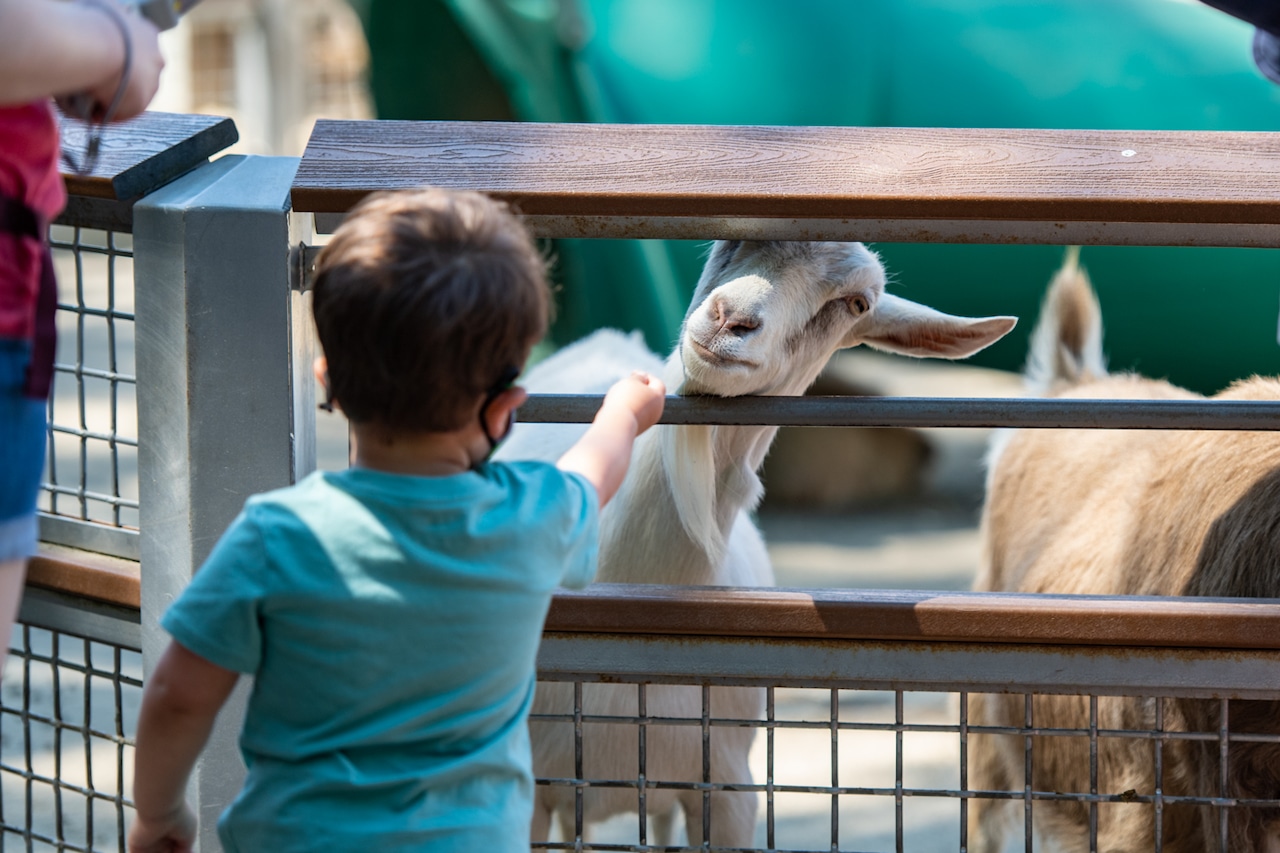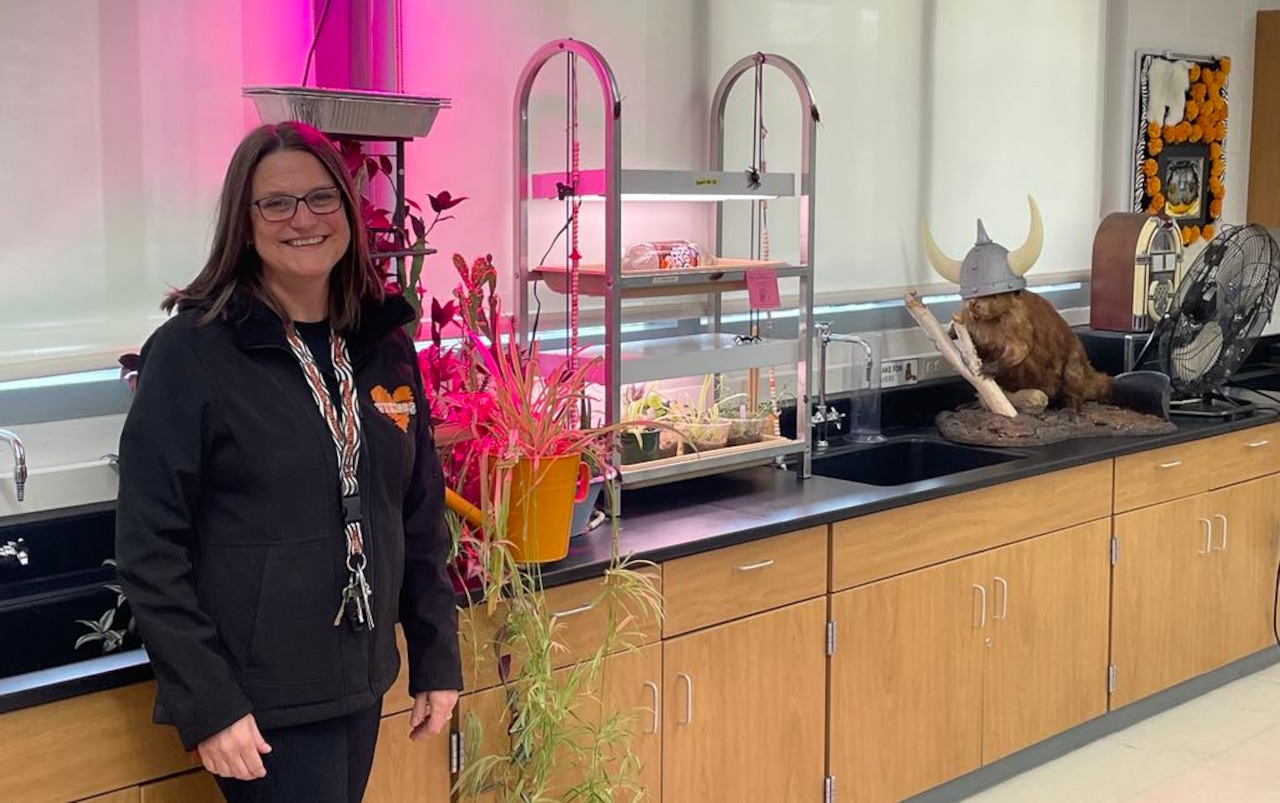
Wild Science: Homeschoolers Dive into Hands-On Learning at Turtleback Zoo
Discover Nature's Wonders: Monthly Homeschool Learning Adventures Join us for an exciting educational experience designed specifically for homeschooled children! Our monthly wildlife and environmental education classes offer young learners a unique opportunity to explore the fascinating world of animals and their ecosystems. Every second Wednesday of the month, curious minds gather at the Berson Family Center from 11 a.m. to 1 p.m. to dive deep into interactive learning sessions that bring nature to life. These engaging classes are carefully crafted to inspire environmental awareness, teach children about diverse animal habitats, and cultivate a sense of stewardship for our planet. Through hands-on activities, interactive presentations, and immersive learning experiences, students will develop a profound understanding of wildlife conservation and the delicate balance of natural ecosystems. Our goal is to spark curiosity, encourage critical thinking, and nurture a lifelong passion for environmental protection.









